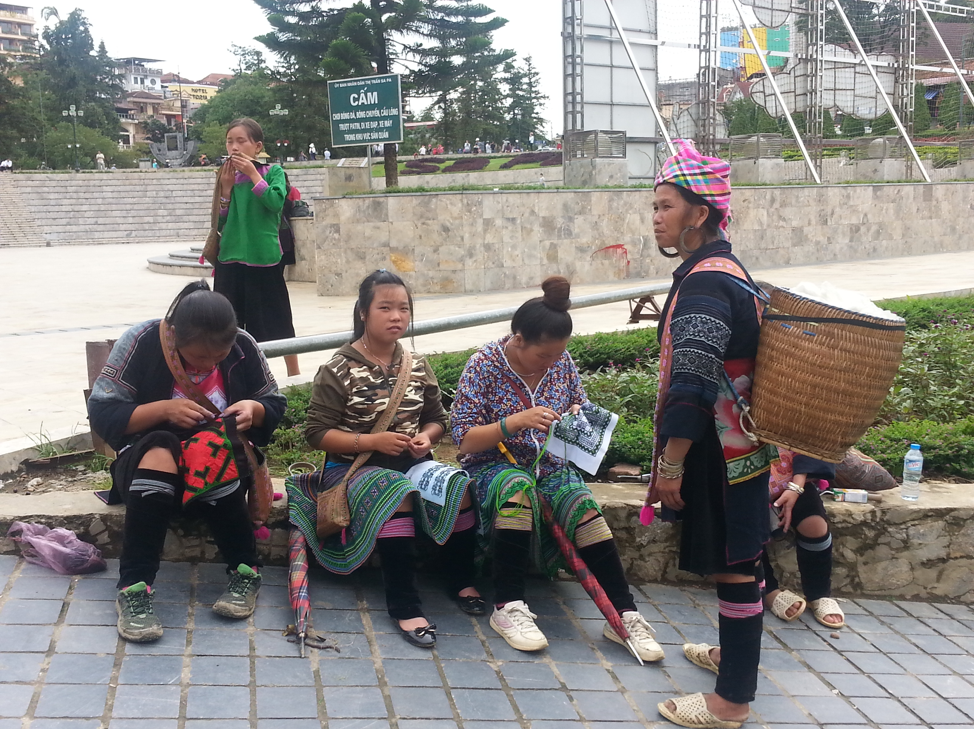Hmong converted to Christianity
The Hmong people inhabit the mountainous of Southeast Asia for many centuries. The majority of these Hmong lives in Southern China. It is estimated that more than eight million Hmong live in thirteen countries around the globe. More than seven million live in China, Vietnam, Laos, Thailand, and Myanmar (formerly known as Burma).
The Hmong A-Mao in China came to Christ in the mid of 1800’s. But not until, later in 1949 the gospel of Christ reached the Hmong of Laos. More than 15 thousand Hmong converted to Christianity between 1949-1975. At the same around 1949, God called the Hmong of Thailand to himself and hundreds of the Hmong were converted to Christianity.
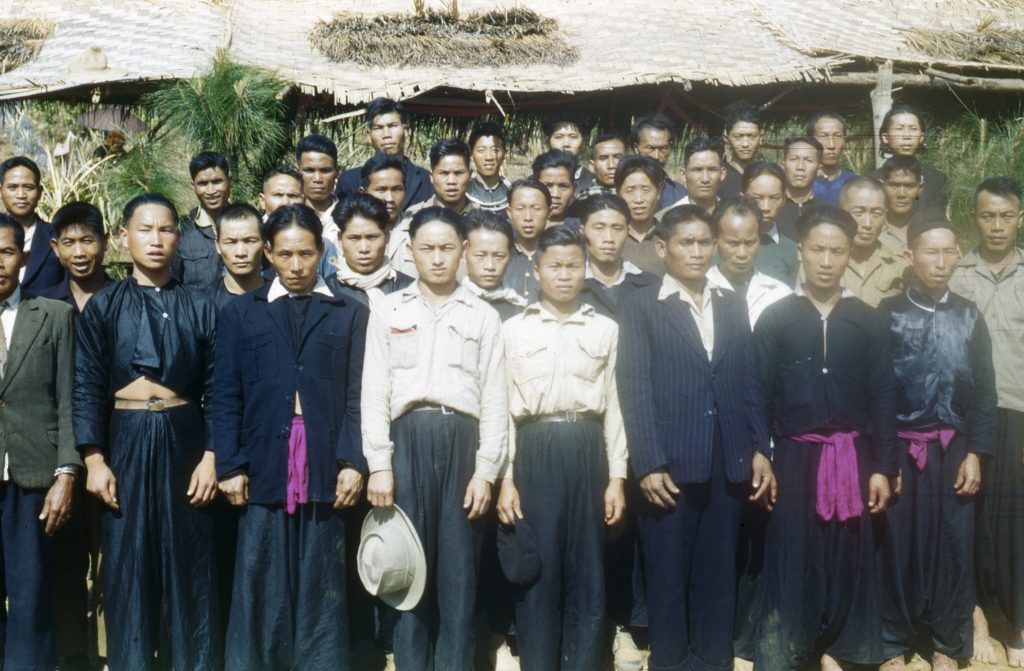
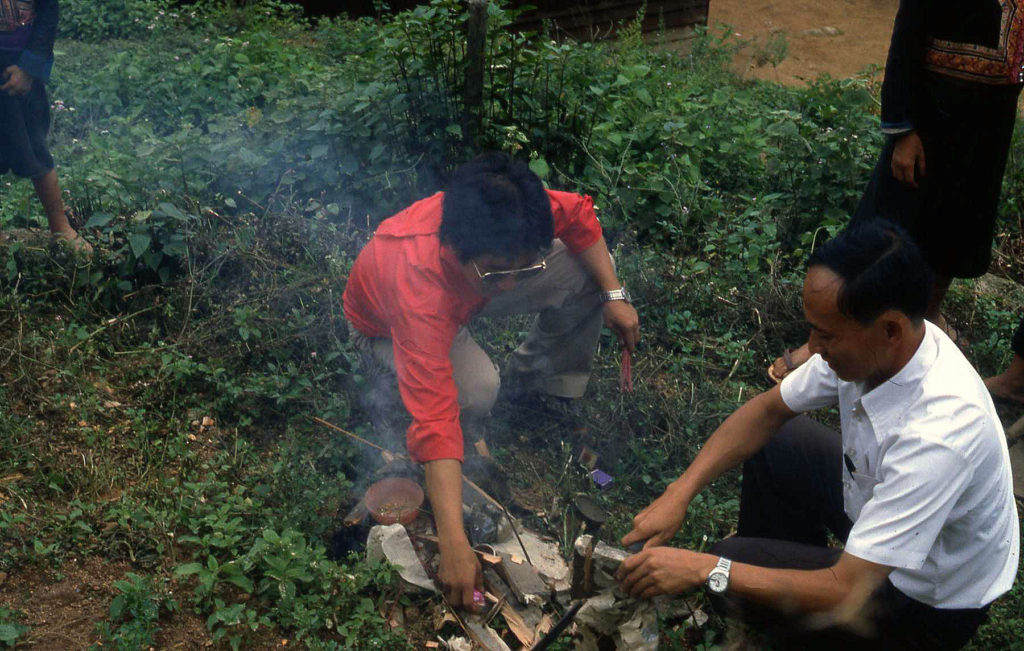
The Far East Broadcasting Company has been broadcasting the gospel in the region of Southeast Asia for many years. Finally, in 1987, God called thousands of Hmong in Vietnam to believe in God. At the present time, it is estimate that more than 200 thousand Hmong in Vietnam believe in Christ. Currently they are more than thousand churches registered with the national church of Vietnam.
Thousands of these Hmong people are illiterate. They don’t read the national language because only a small number of Hmong young men can afford to attend the local school. In 1850’s, Miao language was formed using the Chinese script. This form of script was used to produce songs book and New testament. Around 1965 in Laos, a Latin script of Hmong language was formed by the C&MA missionaries. This was done so that they can teach Hmong Christian to read the Bible and songs.
The missionaries, therefore, work hard on translating the New Testament into Hmong. While the New Testament was being translated, the Laotian Government wouldn’t give permission to the Lao church to use this Latin Hmong script. The Lao Government would only give permission to the church to form Hmong language using the Lao alphabet. The missionaries another Lao-Script Bible. In the 1972, this Lao-Script Hmong New Testament bible was completed. By this time hundreds of Hmong Christians in Lao have been able to read the New Testament in Hmong. Meanwhile in Thailand, the Thai Government was also didn’t give permission for the Hmong in Thailand to use the Latin script Hmong Bible as well. But in 1975, the Thailand Bible Society printed thousands Hmong Bible that wouldn’t allow to be distributed to the Thai Hmong Christians. These bibles were shipped to the Hmong Christian who just migrated to America. During this time, the missionaries in Thailand started a new Bible with the Thai script. This Thai Script Hmong Bible was completed in 1978. As of now, the Latin script Hmong language is widely use in Southeast Asia and other countries where the Hmong located. We praise God for the efforts of the missionaries who formed this Latin-script Hmong language so we can read the Bible and study the Bible in our own language.
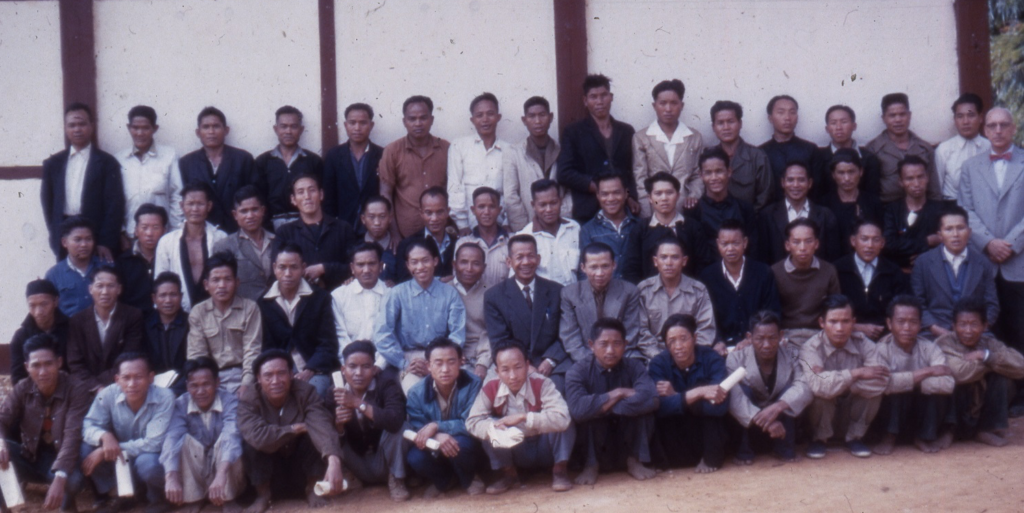
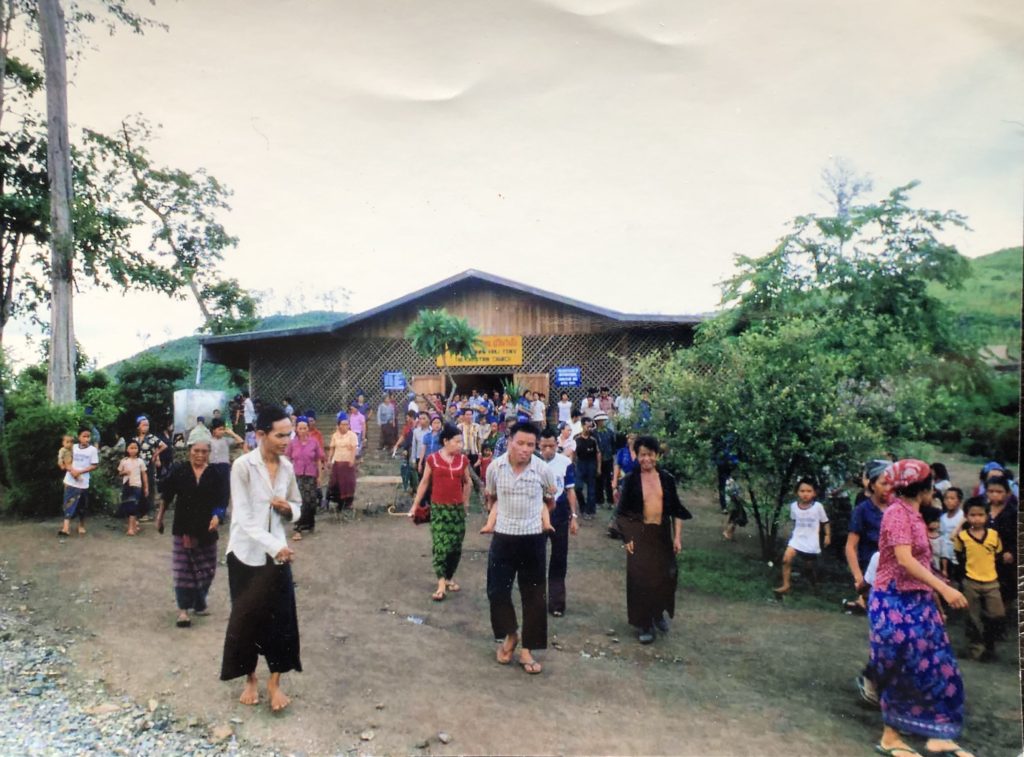
The questions remain the same everywhere, what do we do after they convert to Christianity? How do we disciple these people to mature in Christ? When the Hmong came to Christ, they transferred their religion to Christianity. They brought so many animistic beliefs to Christianity. This is the reason why our spiritual maturity never reaches the point of disciple others.
Hundreds of the new-found believers have not understood the messgaes of teh Gospel. They went back to their own beliefs because the church didn’t know how to disciple the new believers.
This is why God called Hmong Discipleship International to exist to make disciple and equip the church leaders to make disciples.
Can you help us to make disciple? We will need funds to develop gospel-based discipleship curriculum. We will need fund to travel to churches to equip their leaders to use the discipleship resources we developed. We need to print these discipleship books and distribute them to people who want to make disciple. Our vision is carrying out the Great Commission seriously, go the Hmong people wherever they lived and help them find Christ, disciple them to become more like Christ, and to equip them to make disciples.
